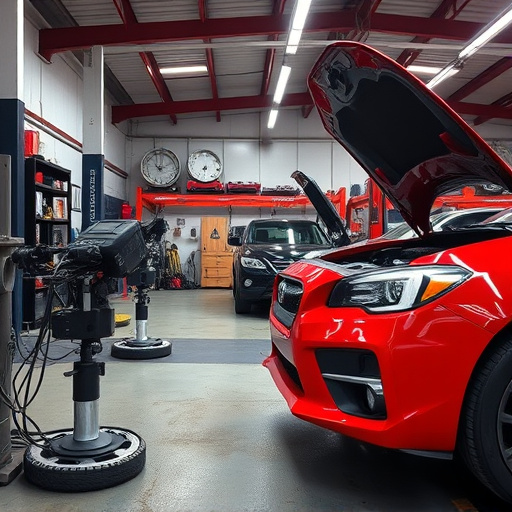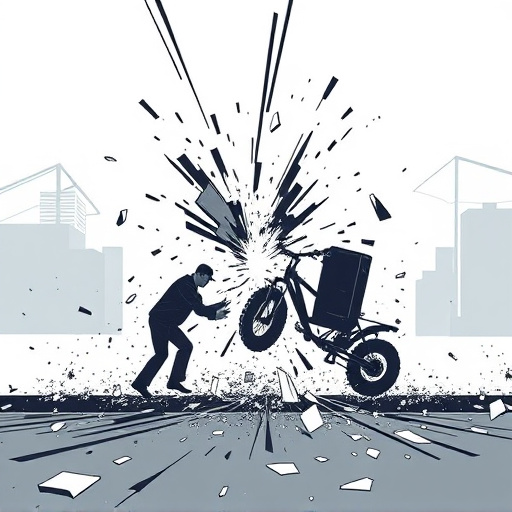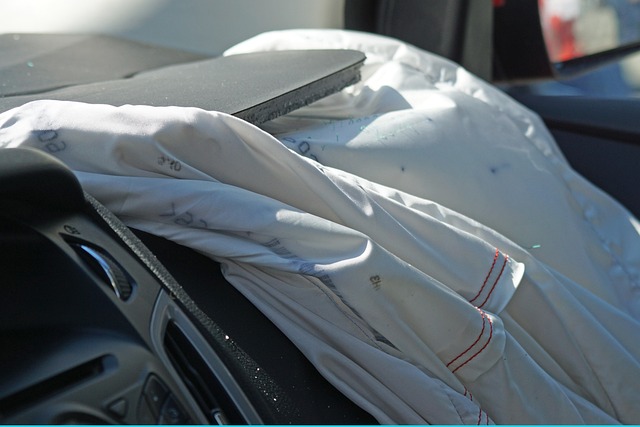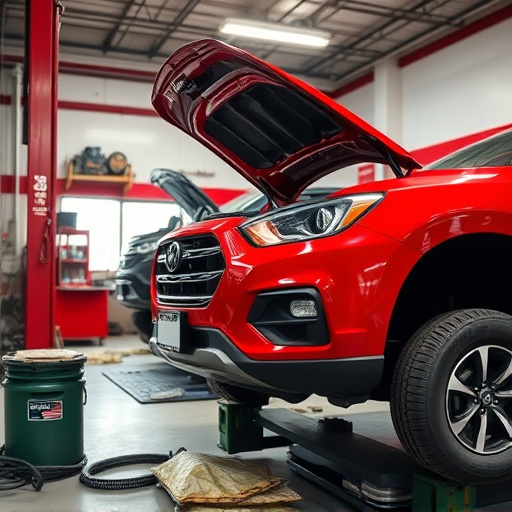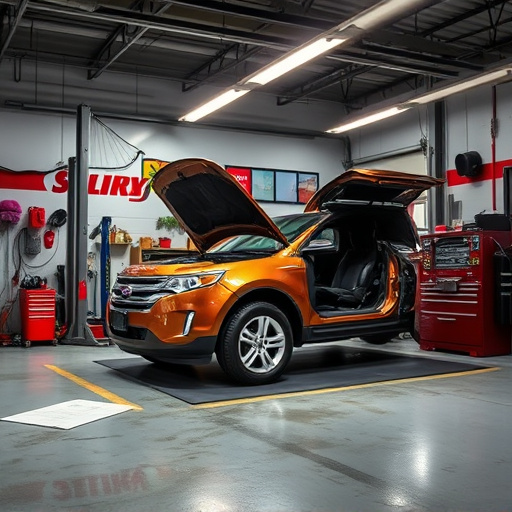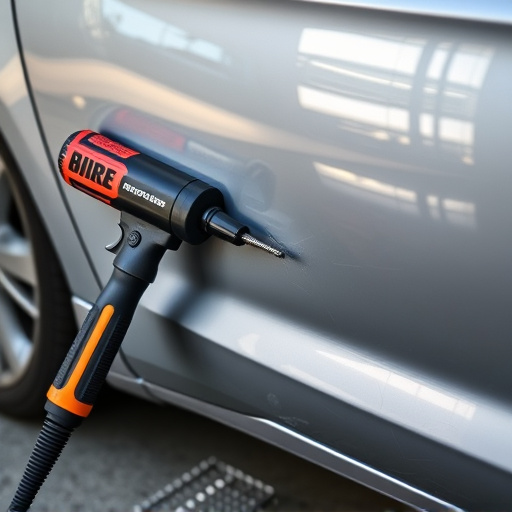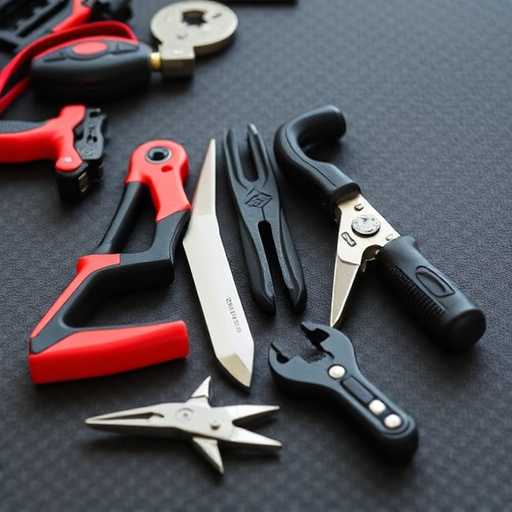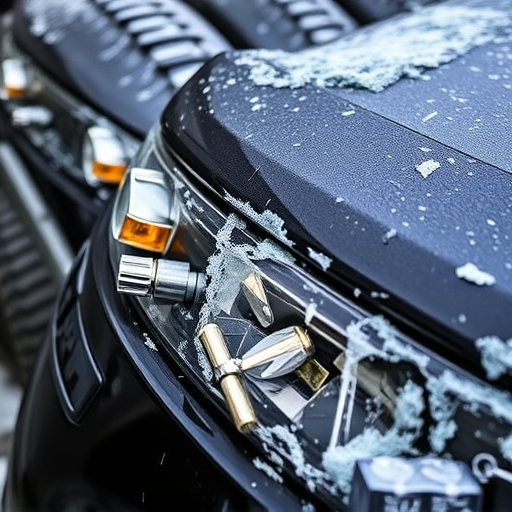Flood damaged vehicle repair involves a multi-step process starting with inspection and disassembly, followed by part replacement and paint repair to restore aesthetics and value. Skilled technicians document repairs accurately for insurance claims and maintain title integrity, crucial for resale. Meticulous assessment ensures safety and enhances resale value by revitalizing the vehicle's condition after flooding.
Flood-damaged vehicles present unique challenges in both repair and ownership. This article delves into the intricate process of repairing these cars and explores the impact on their title status and resale value. Understanding the complexities of flood damage, insurance claims, and legal considerations is crucial for owners navigating the aftermath. We’ll dissect how repairs can restore a vehicle’s worth while highlighting potential hurdles related to registration and ownership transfer.
- Understanding Flood Damage and Vehicle Repair Process
- Impact on Title: Insurance, Ownership, and Legal Considerations
- Restoring Value: Assessment, Repairs, and Resale Prospects
Understanding Flood Damage and Vehicle Repair Process
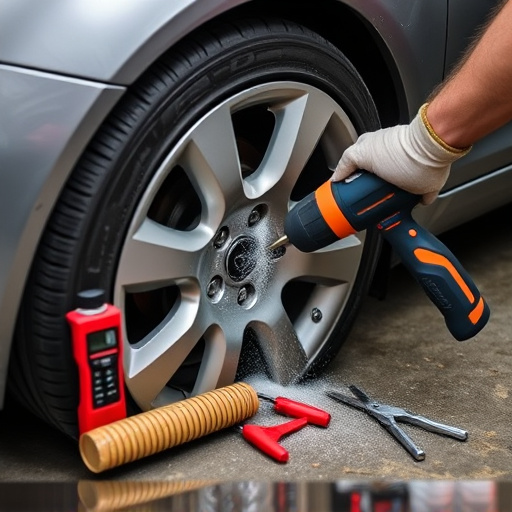
Flood damaged vehicles require a specialized process for repair, addressing both structural and cosmetic issues. The first step is a thorough inspection to assess the extent of damage, which can range from water intrusion causing rust and corrosion to complete submergence leading to extensive internal components failure. Once the vehicle is deemed drivable, it’s transported to a collision repair center where skilled technicians begin the restoration process. This involves disassembly, meticulous drying, and replacing affected parts or panels, including vehicle paint repair to ensure an aesthetic match.
The journey towards restoring a flood-damaged car doesn’t end with physical repairs; it also includes navigating the title status. In many cases, a car’s title may be impacted by its history of flooding, which can affect its resale value. Reputable car repair shops employ professionals who understand these complexities and can guide owners through the process, ensuring transparency and accurate valuation post-repair.
Impact on Title: Insurance, Ownership, and Legal Considerations
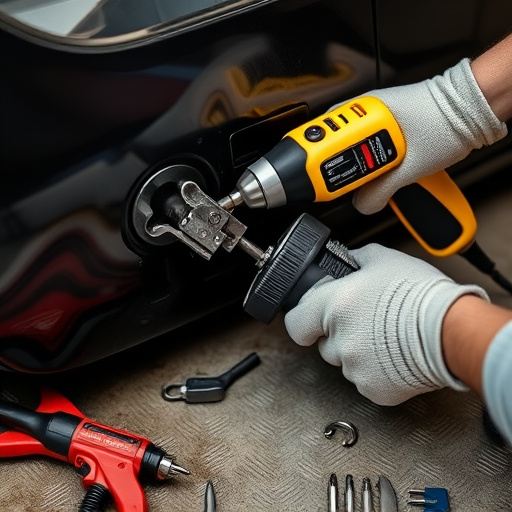
Flood damage to a vehicle can have significant implications for its title status and overall value. When a car is submerged in floodwaters, various components are at risk, including the engine, electronics, and even the structural integrity of the vehicle. As such, insurance companies often consider a flooded vehicle as having sustained substantial water damage, which can affect its future resale value and insurability.
From an ownership and legal perspective, repairs following flood damage need to be thoroughly documented. Insurance claims for flood-damaged vehicles typically involve extensive assessments to determine the extent of the harm and the feasibility of repair. Repairs such as auto glass replacement, fender repair, or even more complex engine work must be meticulously recorded and certified by qualified professionals. These records are crucial in establishing the vehicle’s pre-flood condition and ensuring that any subsequent changes are accurately accounted for, thus maintaining the integrity of its title and legal ownership.
Restoring Value: Assessment, Repairs, and Resale Prospects
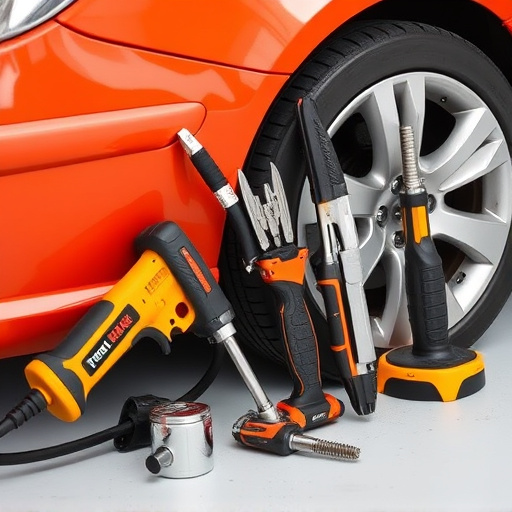
After a flood, assessing the damage to a vehicle is crucial before embarking on the restoration process. The extent of the harm can greatly impact the car’s value and resale prospects. Skilled auto body repairs experts utilize their expertise to evaluate every aspect, from structural integrity to cosmetic flaws. This meticulous assessment determines the scope of necessary repairs, ensuring the vehicle meets safety standards and regains its pre-flood condition or a close approximation.
Effective flood damaged vehicle repair involves a series of processes tailored to different components—engine, electrical systems, interior, and exterior. Repairs must be meticulously executed to restore not just functionality but also the overall aesthetic appeal that significantly influences buyers’ perceptions. A successful restoration can transform a seemingly lost cause into a valuable asset, showcasing the potential for car repair services to revive flood-damaged vehicles, thereby enhancing their resale value in the market.
Flood damaged vehicle repair can significantly impact a car’s title status and overall value. Understanding the intricate process of repairing such vehicles is crucial for both owners and professionals alike. Navigating insurance claims, legal considerations, and ownership rights is essential to ensure a smooth transition post-repair. By assessing each vehicle individually and implementing meticulous restoration techniques, it’s possible to enhance resale prospects. This comprehensive approach to flood damaged vehicle repair not only restores functionality but also mitigates potential title complications, ultimately benefiting both owners and the secondary market.


